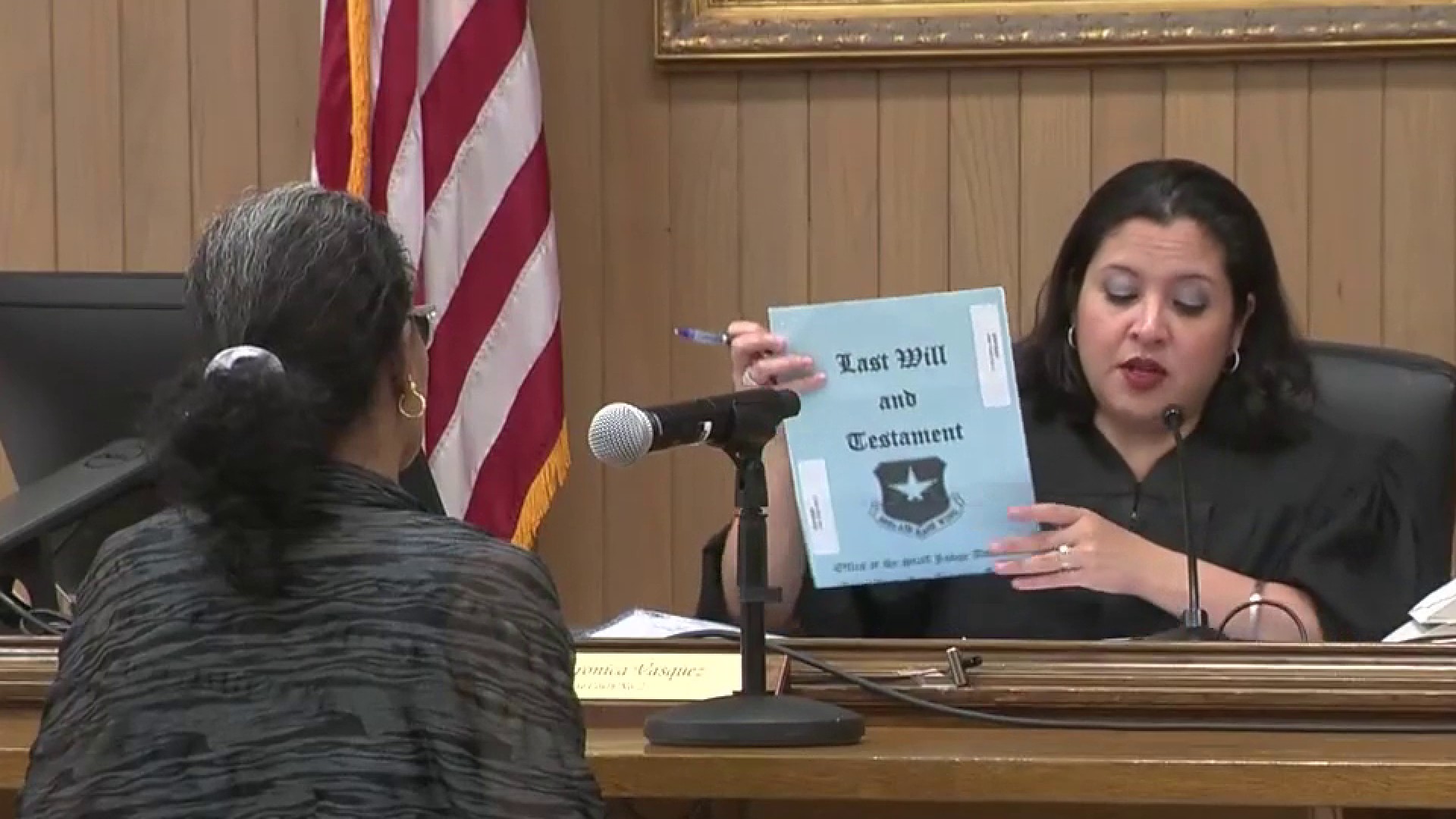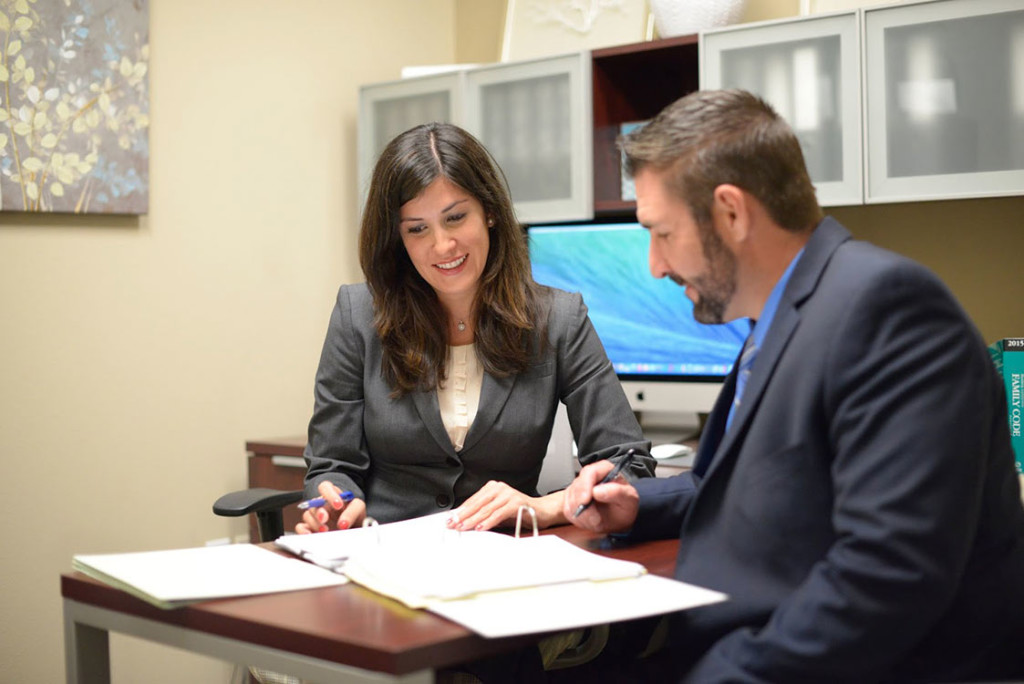Understanding the Probate Process: What Happens in Probate Court?

The passing of a loved one is never easy. In the midst of grieving, you may also need to handle the legal process of probate to settle your loved one’s estate.
Probate can seem complicated and intimidating if you don’t understand how it works. This guide will walk you through the probate process in North Carolina and what to expect if you need to go through probate court.
What is Probate?
The legal procedure known as probate handles the debts and assets that remain after a person passes away. The purpose of probate is to identify the deceased person’s property, pay their debts, taxes, and final bills, and distribute the remaining assets to their rightful heirs according to the person’s will or, if they died without a will, according to North Carolina’s laws of intestate succession.
The probate process takes place in the North Carolina probate courts. These specialized state courts oversee probate proceedings and ensure that the deceased person’s wishes are properly carried out. The probate court selects an executor or personal representative who is responsible for managing the probate process on behalf of the estate.
When is Probate Necessary in North Carolina?
Not all estates have to go through formal probate in North Carolina. However, probate is required if the deceased person owned probate property at the time of death.
Probate property refers to assets that are only in the deceased person’s name. This includes:
- Solely owned real estate
- Bank accounts with only their name
- Vehicles titled only to them
- Other personal property
If the deceased person’s estate is small, you may be able to file for small estate administration to avoid a lengthy probate process. In North Carolina, estates valued under $20,000 can use a small estate affidavit to collect assets.
You can avoid probate if the deceased’s assets were owned jointly with right of survivorship or transferred to a living trust. Assets like life insurance policies and retirement accounts with properly designated beneficiaries also bypass probate.
Step-by-Step Guide – What to Expect During Probate
Typically, probate involves the following steps overseen by the probate court:
1. File a Petition to Open Probate
The first step is to file a petition with the probate court in the county where the deceased lived. This formally opens probate and starts the legal process.
You’ll need to file certified copies of the death certificate along with the original will, if there is one. If there is no will, the probate court will determine heirs based on North Carolina intestacy laws.
2. Appoint a Personal Representative
Also known as an executor, the personal representative is appointed by the court to manage the probate process. If there is a will, the nominated executor is usually appointed unless contested.
Without a will, the probate court will select an administrator based on state law (typically a spouse or close relative). The personal representative must be officially appointed before taking any action.
3. Notify Beneficiaries and Creditors
The personal representative must send legal notices to all beneficiaries named in the will, or heirs under intestacy law, once appointed. Notices must also be published or sent to all known creditors of the estate.
4. Inventory Estate Assets
The personal representative takes inventory of probate property, including real estate, financial accounts, vehicles, personal possessions, etc. They’ll need to determine current values, which must be reported to the court.
5. Pay Debts and Taxes
Valid claims against the estate by creditors must be paid out of probate assets. In addition, the personal representative is in charge of paying any outstanding taxes and submitting the last tax returns on behalf of the deceased.
6. Distribute Remaining Assets
After debts and taxes are paid, the private representative distributes the remaining assets to heirs as directed by the will or per North Carolina intestacy statutes. The probate court must approve the final distributions.
7. Close the Estate
Finally, the executor must submit a final accounting and petition to close the estate to the probate court. Once approved, the executorship terminates, and probate concludes.
This process must be completed whether or not there is a will. The court oversees each step to ensure adherence to North Carolina probate laws.
How Long Does Probate Take in North Carolina?
The length of probate can vary greatly depending on the complexity of the estate. For a simple estate, you may finish probate in approximately 3-12 months. Larger or contested estates can take over a year.
Factors impacting the probate timeline include:
- Size of the probate estate
- Type of assets (real estate takes longer to liquidate)
- Will contests or creditor claims
- Any litigation over the estate
- Delays in filing required documents
The personal representative can request an extension if they need more time to complete everything. But probate should not remain open for more than one year unless absolutely necessary.
Costs Associated with Probate
Some of the common costs associated with probate include:
- Court filing fees – Typically based on the gross value of the estate.
- Executor fees – Paid to the executor for administering the estate, usually 1-5% of the total value.
- Attorney’s fees – For probate legal counsel and representation.
- Accounting fees – If professional appraisals or accountants are needed.
- Bond premiums – For any executor bonds required by the court.
Costs can quickly add up, especially if probate drags on. The estate pays these costs, leaving less for the beneficiaries.
Can You Avoid Probate in North Carolina?
For those wanting to avoid probate, there are several estate planning options:
- Joint tenancy assets – Property held in joint tenancy with right of survivorship passes directly to the surviving owner.
- Payable-on-death accounts – Bank accounts or investments with properly named payable-on-death beneficiaries go directly to beneficiaries.
- Living trusts – Assets transferred to a revocable living trust during life avoid probate. The trust becomes irrevocable at death.
- Transfer-on-death deeds – Real estate transfers to beneficiaries without probate using a transfer-on-death deed.
- Gifts – Giving away assets prior to death removes them from the probate estate.
- Life insurance – Life insurance proceeds paid to named beneficiaries avoid probate.
Consult an estate planning attorney to discuss the best options to avoid probate in your situation. Proper planning can help minimize delays and expenses for your loved ones.
Working With a Probate Attorney in North Carolina
If you’ve been named as executor or personal representative of an estate, consult a probate attorney. An attorney can guide you through the required procedures and documentation. They can also represent you in court if any disputes arise during the process.
Even if you want to avoid probate, meet with a lawyer to review your estate plan. They can make sure your assets are properly titled, and accounts have the right beneficiaries listed. Filling in any gaps will allow you to rest easy, knowing that your wishes will be respected.
The experienced probate attorneys at Johnson Legal PLLC can help North Carolina families through this difficult process. Their team assists with all aspects of probate and offers personalized guidance tailored to your needs. Contact their team to schedule a consultation.












